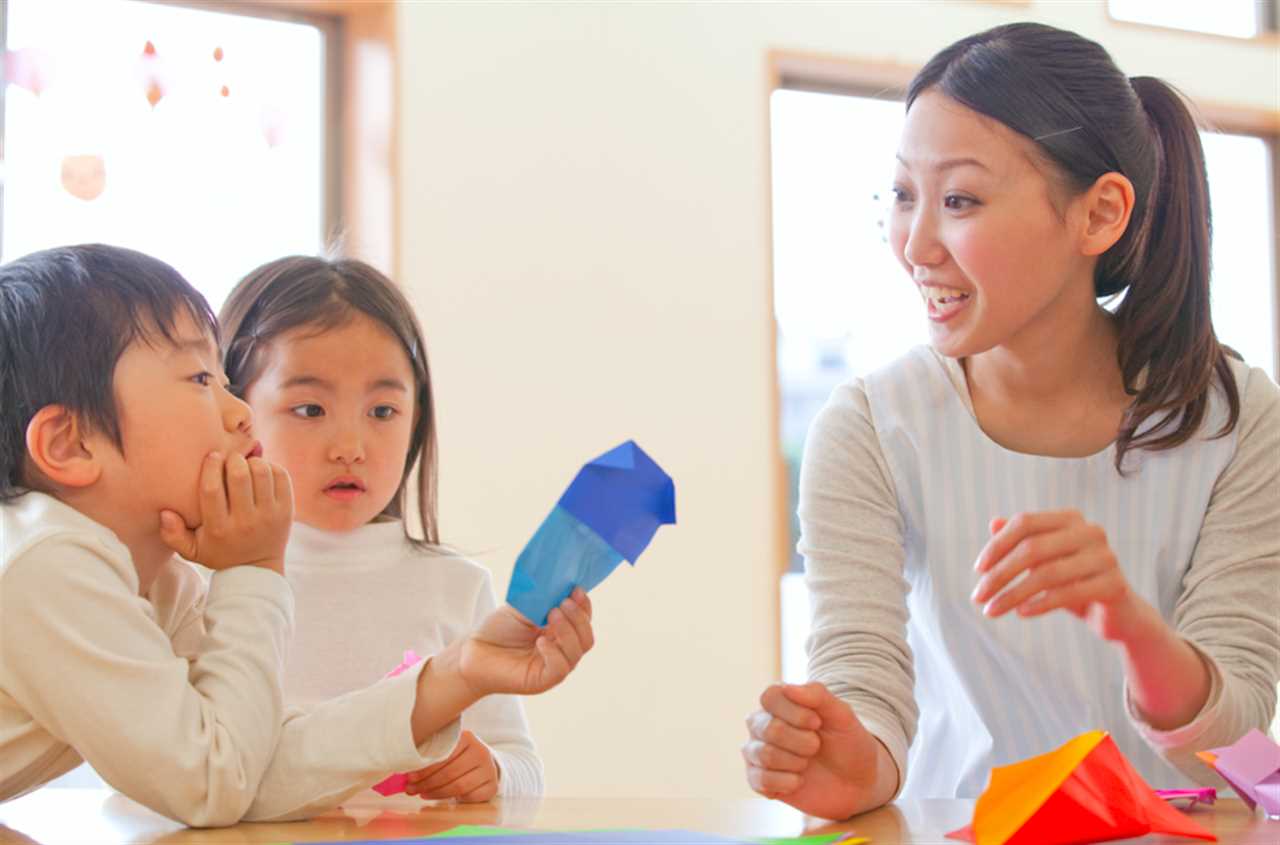
Welcome to our article on 12 fantastic origami kits for children's relaxation and therapy.
Origami has long been recognized as a powerful tool for stress relief, concentration enhancement, and cognitive skill development.
In this article, we will explore a range of origami kits specifically designed to promote relaxation and therapy for children.
Whether your child is seeking a calming activity or requires support for special needs, these kits offer an accessible and empowering way to practice mindfulness and enhance coordination skills.
Origami for Stress Relief
Origami can provide a personal and effective method for stress relief. The simple act of folding paper can be a meditative practice that allows individuals to focus their minds, relax their bodies, and find a sense of calm in the present moment.
Origami for relaxation encourages individuals to slow down, take deep breaths, and engage in the mindful process of creating intricate paper designs. As one folds and breathes, the mind becomes more focused and the body begins to relax, releasing tension and stress.
This ancient art form offers a tangible way to channel negative energy into a positive and creative outlet. By practicing origami for stress relief, individuals can experience a sense of freedom from their worries and find solace in the rhythm of folding paper.
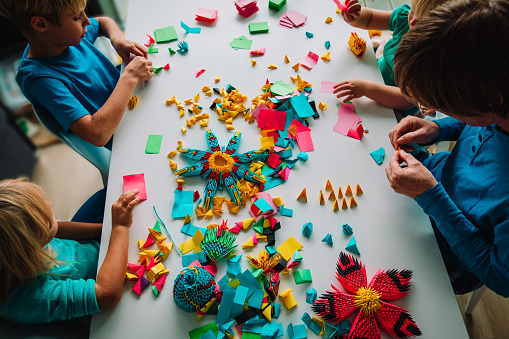
Fold and Talk Origami Sets
Engaging children in interactive and communicative activities, fold and talk origami sets provide a fun and educational way for young learners to develop their creativity and language skills. With fold and talk origami techniques, children can create various origami shapes while engaging in conversations and improving their communication skills.
Here are four reasons why fold and talk origami sets are a great tool for enhancing children's language development:
Encourages active participation: By folding origami and engaging in conversation, children actively participate in the learning process, allowing for a more immersive experience.
Stimulates creativity: Origami sets provide children with the opportunity to explore their imagination and create unique designs, fostering their creative thinking abilities.
Enhances language skills: Through conversations during the origami folding process, children practice their vocabulary, sentence formation, and listening skills, improving their overall language proficiency.
Promotes social interaction: Fold and talk origami sets can be enjoyed with friends or family, promoting social interaction and creating a supportive and collaborative learning environment.
Fold and talk origami sets offer a dynamic and engaging way for children to develop their communication skills while having fun and exploring their creativity.
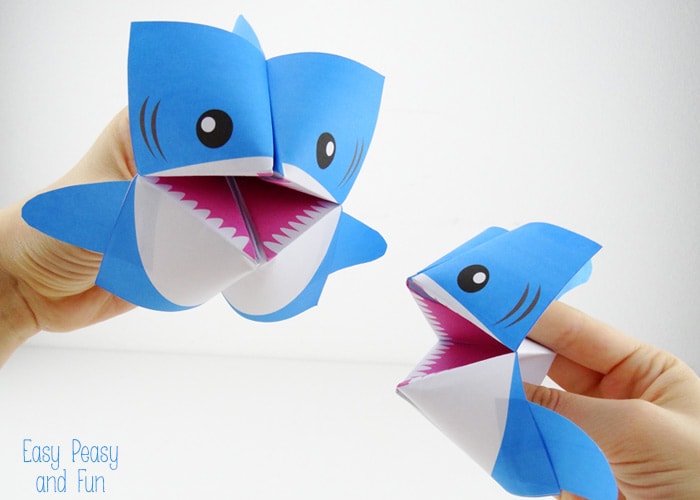
Relaxation Through Origami
While engaging in the art of origami, children can experience a sense of relaxation and calmness. Origami, the traditional Japanese art of paper folding, offers a therapeutic and meditative experience for children.
By focusing on the precise folding techniques and intricate patterns, children can find a sense of peace and mindfulness. The repetitive nature of folding and unfolding paper can help them let go of stress and anxiety, allowing them to be present in the moment.
Origami for mindfulness is becoming increasingly popular as a way to promote relaxation and self-care among children. Through the simple act of folding and creating beautiful paper creations, children can find solace and serenity in the world of origami.
Enhancing Concentration With Origami
Through the practice of origami, children can improve their concentration skills. Origami requires focus and attention to detail, making it an excellent activity for enhancing attention and improving focus.
Here are four ways origami can help children enhance their concentration:
Following instructions: Origami involves following step-by-step instructions, which requires children to pay close attention to each fold and crease.
Fine motor skills: Precise folding and manipulating small pieces of paper require children to concentrate on their hand movements and control.

Visual-spatial skills: Origami challenges children to visualize the final product and mentally rotate and manipulate the paper to achieve the desired outcome.
Patience and perseverance: Completing an origami project requires patience and focus, teaching children the importance of staying focused until the task is finished.
Developing Coordination Skills With Origami
Four key coordination skills can be developed through the practice of origami.
Origami requires precise folding and manipulation of paper, which helps to develop fine motor skills. As children fold and crease the paper, they improve their hand-eye coordination and dexterity.
This activity also promotes creativity, as children have the freedom to choose different patterns and designs for their origami creations. They can experiment with different folds and techniques, further enhancing their coordination skills.
By engaging in origami, children can develop their spatial awareness and improve their ability to follow instructions, as they must carefully follow the steps to create their desired origami models.
Fidget Origami Kits for Relaxation
Fidgeting is a natural behavior that many children engage in to help them focus and relax.

Combining fidgeting with the art of origami can provide a calming and therapeutic experience for children.
Fidget origami kits offer a unique way for children to channel their energy and emotions while also developing their fine motor skills and creativity.
Benefits of Fidgeting
Numerous studies have shown that incorporating fidget origami kits into relaxation techniques can provide significant benefits for children's mental well-being. Fidgeting, often seen as a distraction or a sign of restlessness, can actually have positive effects on stress relief and overall relaxation.
Here are four key benefits of fidgeting with origami:
Stress reduction: Fidgeting with origami engages the mind and hands, providing a calming effect that helps reduce stress and anxiety.
Improved focus: Fidgeting can enhance concentration and attention span, making it easier for children to stay engaged and focused on tasks.
Emotional regulation: Fidgeting with origami can serve as a healthy outlet for emotions, allowing children to express and process their feelings in a constructive way.
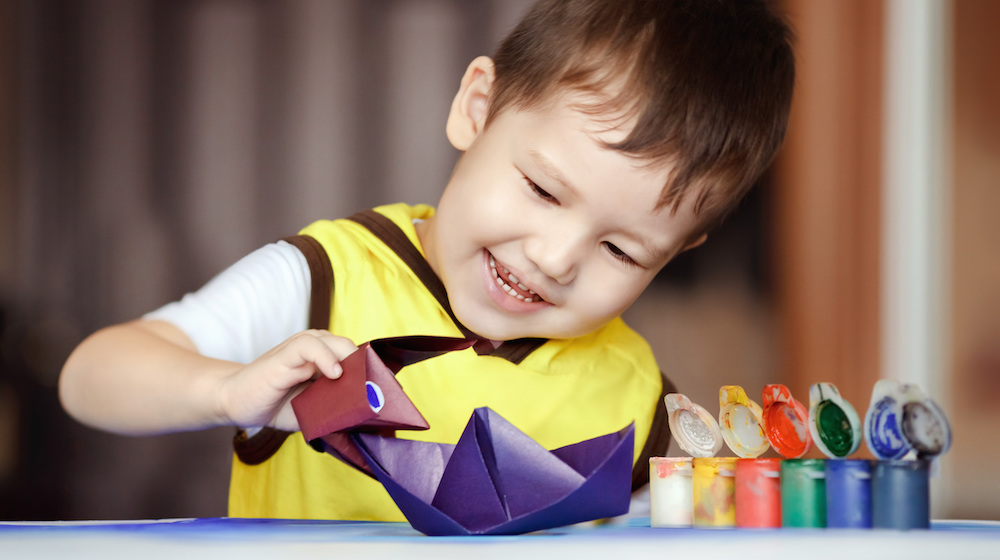
Mindfulness practice: Fidgeting with origami encourages mindfulness, as it requires focus and concentration on the present moment, promoting a sense of peace and tranquility.
Relaxation Through Origami
Origami can provide a sense of tranquility and calmness, making it an effective tool for relaxation and stress relief. For those seeking anxiety relief or mindfulness, origami offers a creative and engaging activity that can help promote a sense of inner peace and well-being.
Origami for anxiety relief involves focusing on the process of folding paper, which can help redirect the mind away from stress and worries. The repetitive nature of folding and the concentration required can be meditative, allowing individuals to let go of tension and find a sense of calm.
Similarly, origami for mindfulness encourages being present in the moment and fully engaged in the task at hand. By paying attention to the intricate folds and following the step-by-step instructions, individuals can cultivate a state of mindfulness, where worries about the past or future fade away.
Origami is a versatile tool for relaxation, providing a creative outlet that allows for self-expression and freedom. Whether it's creating simple origami shapes or tackling more complex designs, the act of folding paper can be a soothing and therapeutic experience.
Therapy for Children
Through the use of specially designed fidget origami kits, therapy for children can be enhanced by promoting relaxation and stress relief. Origami, combined with therapeutic techniques, can provide numerous benefits for children's mental and emotional well-being.
Here are four ways in which fidget origami kits can support therapy for children:
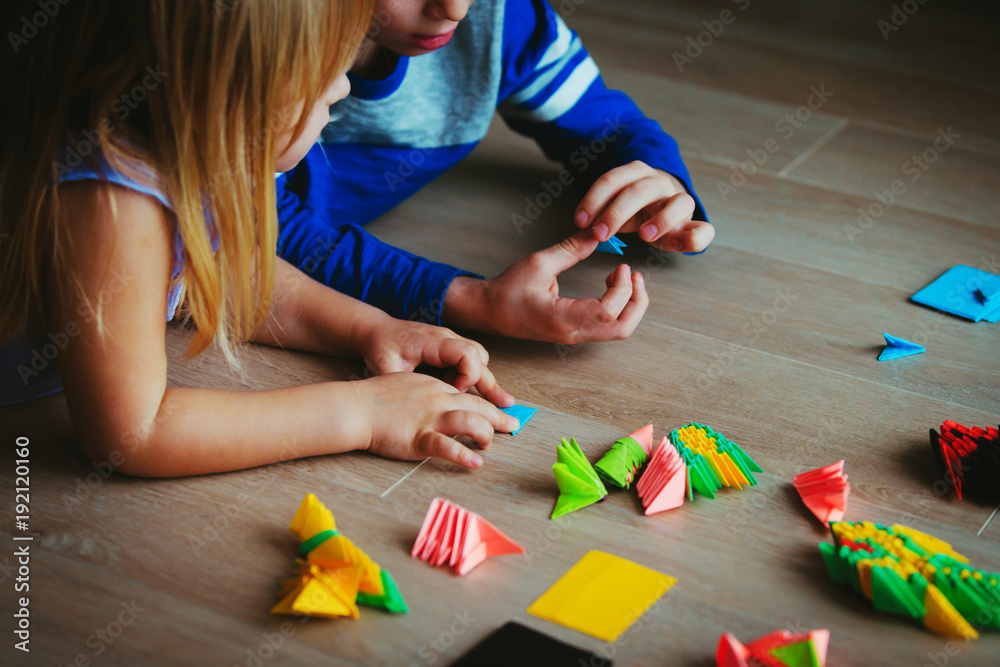
Fold and Talk Therapy: By engaging in the calming and repetitive motions of folding paper, children can feel more comfortable expressing their thoughts and emotions during therapy sessions.
Stress Relief: Origami can serve as a powerful tool for stress reduction, helping children relax and alleviate anxiety through focused and mindful folding.
Enhancing Concentration: The intricate nature of origami requires concentration and attention to detail, which can improve children's ability to focus and concentrate on tasks.
Developing Social Skills: Origami can be used as a group activity, encouraging children to interact, collaborate, and communicate with their peers, fostering the development of social skills.
Sensory Props in Origami Therapy
The utilization of tactile objects as part of origami therapy enhances sensory engagement and promotes relaxation in children.
Sensory integration plays a crucial role in a child's development, and incorporating tactile stimulation through origami can provide a therapeutic and calming experience.
The act of folding paper requires focus and concentration, which can help children with sensory processing difficulties regulate their sensory input.
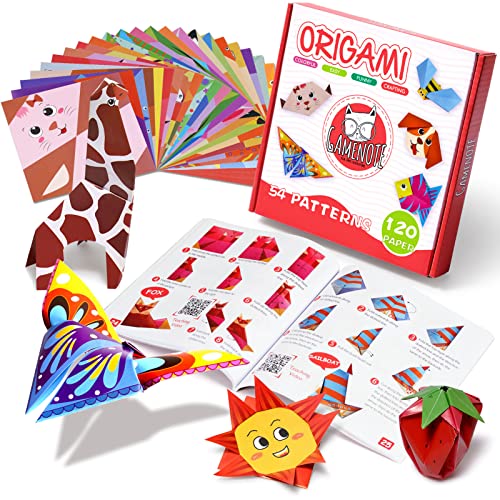
The tactile nature of origami stimulates the sense of touch, allowing children to explore different textures and sensations. This sensory stimulation can be particularly beneficial for children who struggle with sensory processing, as it helps them develop better body awareness and coordination.
Exploring Emotions Through Origami
Origami can be a powerful tool for children to explore and express their emotions in a safe and creative way. By folding paper into different shapes and forms, children can visually represent their feelings and experiences.
This process not only provides a therapeutic outlet for emotional expression but also helps in developing emotional resilience and promoting overall well-being.
Emotional Expression Through Origami
Children can explore a wide range of emotions by engaging in origami activities. Origami for emotional well-being is a powerful tool that allows children to express their feelings in a creative and therapeutic way.
Here are four ways in which origami can be used as an emotional outlet:
Self-reflection: Origami provides a quiet and meditative space for children to reflect on their emotions and thoughts. As they fold and create, they can gain a deeper understanding of their feelings and find a sense of calm.
Emotional release: Origami allows children to externalize their emotions by transforming a flat piece of paper into a three-dimensional object. The act of folding can be a physical representation of their feelings, providing a release and a sense of relief.
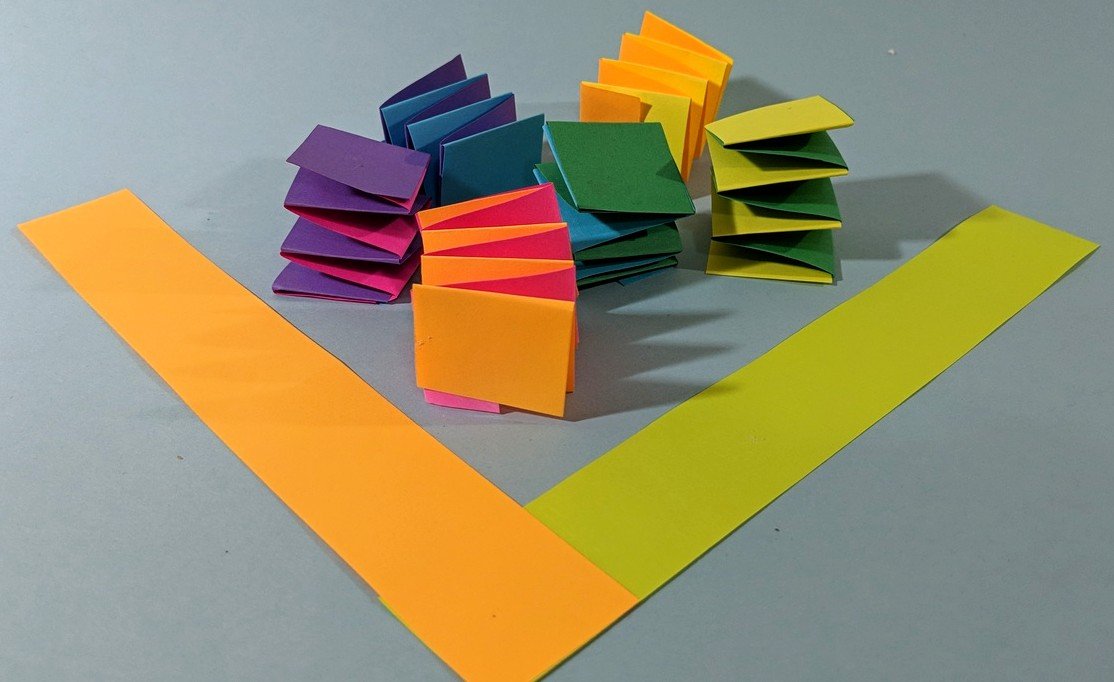
Symbolism: Through origami, children can use different shapes and forms to symbolize their emotions. They can choose specific models that represent how they feel, giving them a visual representation of their inner world.
Communication: Origami can serve as a non-verbal communication tool, allowing children to share their emotions without having to find the right words. They can create origami gifts or leave folded creations for others to discover, expressing their feelings in a subtle and meaningful way.
Origami as a creative outlet gives children the freedom to express and explore their emotions in a safe and therapeutic manner. Through the art of folding, they can find solace, release, and a deeper understanding of themselves.
Therapeutic Benefits of Origami
By engaging in origami, individuals can delve into their emotions through the creative process and find therapeutic benefits in the exploration of their inner world.
Origami, the art of paper folding, offers a unique and accessible way to express and explore emotions. Through the mindful and focused practice of folding paper, individuals can experience a sense of relaxation and calmness. Origami encourages a state of mindfulness, where one can let go of worries and anxieties, and focus solely on the present moment.
This meditative quality of origami can help individuals reduce stress, improve concentration, and enhance overall well-being. Moreover, origami allows for self-expression and creativity, providing a safe space for individuals to process and express their emotions. Whether it's creating simple shapes or intricate designs, origami can be a therapeutic tool for relaxation and emotional exploration.
Developing Emotional Resilience
Engaging in the art of paper folding can provide individuals with an opportunity to explore and develop emotional resilience. Origami, with its focus on precision and patience, can be a soothing and therapeutic practice that promotes emotional regulation and self-soothing techniques.
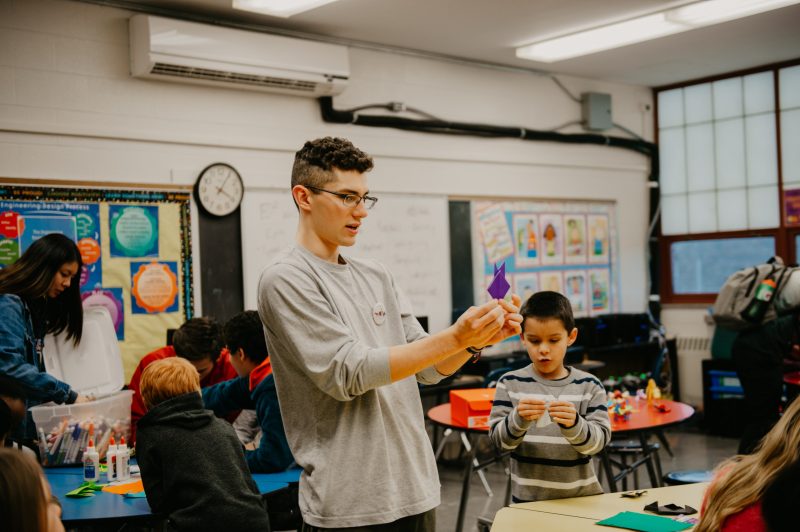
Here are four ways in which origami can help individuals develop emotional resilience:
Mindfulness: Folding paper requires concentration and focus, allowing individuals to be present in the moment and develop mindfulness skills.
Problem-solving: Origami often involves following complex instructions, which can enhance problem-solving abilities and boost confidence.
Emotional expression: Through origami, individuals can translate their emotions into tangible forms, providing a creative outlet for self-expression.
Patience and perseverance: The intricate nature of origami encourages patience and perseverance, helping individuals build resilience in the face of challenges.
The Origami Therapy Manual
The comprehensive Origami Therapy Manual provides a wide range of therapeutic origami techniques and exercises for individuals of all ages. This manual serves as a valuable resource for those seeking to utilize origami as a therapeutic tool.
Origami therapy techniques have been found to promote relaxation, improve focus, and enhance emotional well-being. The manual includes step-by-step instructions for creating various origami designs, along with detailed explanations of how each exercise can be used to address specific emotional challenges.
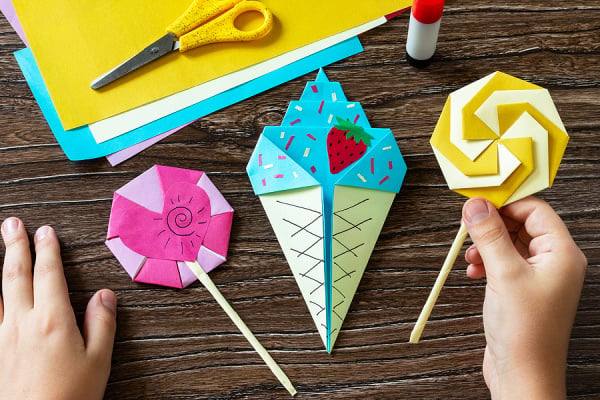
From simple folds to more complex creations, the manual covers a diverse range of origami projects that can be tailored to suit individual needs and preferences. Whether you are looking to alleviate stress, boost self-esteem, or enhance communication skills, the Origami Therapy Manual offers practical and accessible guidance for harnessing the therapeutic benefits of origami.
Cognitive Skill Development With Origami
Origami is more than just a fun pastime; it can also have a positive impact on cognitive skill development in children.
Engaging in origami activities can help improve brain development by enhancing spatial reasoning, fine motor skills, and problem-solving abilities.
Origami and Brain Development
Research has shown that the practice of origami can enhance cognitive skills in children. Engaging in this ancient art form not only stimulates creativity but also contributes to brain development.
Here are four ways in which origami can boost cognitive skills:
Spatial Reasoning: Folding paper into intricate shapes requires children to visualize and manipulate objects in their minds, improving their spatial reasoning abilities.
Problem Solving: Origami challenges children to follow instructions, solve puzzles, and overcome obstacles, fostering critical thinking and problem-solving skills.
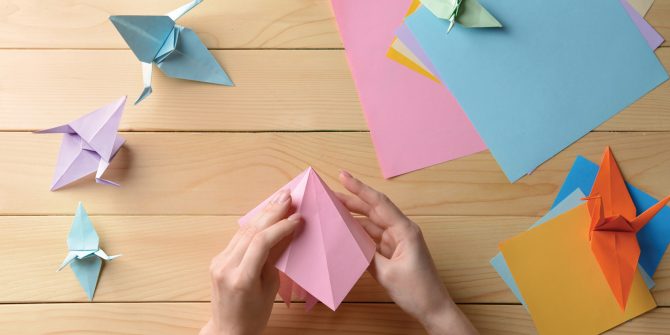
Concentration and Focus: The detailed and precise nature of origami demands concentration and focus, enhancing attention span and discipline.
Fine Motor Skills: The intricate folding techniques involved in origami improve hand-eye coordination and dexterity, promoting fine motor skill development.
Cognitive Benefits of Origami
How can origami contribute to the cognitive skill development of children?
Origami, the art of paper folding, offers a range of cognitive benefits that can enhance a child's overall development.
Engaging in origami requires focus, attention to detail, and problem-solving skills, which can help improve cognitive abilities such as spatial awareness, logical thinking, and hand-eye coordination.
As children follow the step-by-step instructions and manipulate the paper, they are actively exercising their cognitive skills.
Additionally, origami encourages creative expression, allowing children to explore their imagination and develop their artistic abilities.
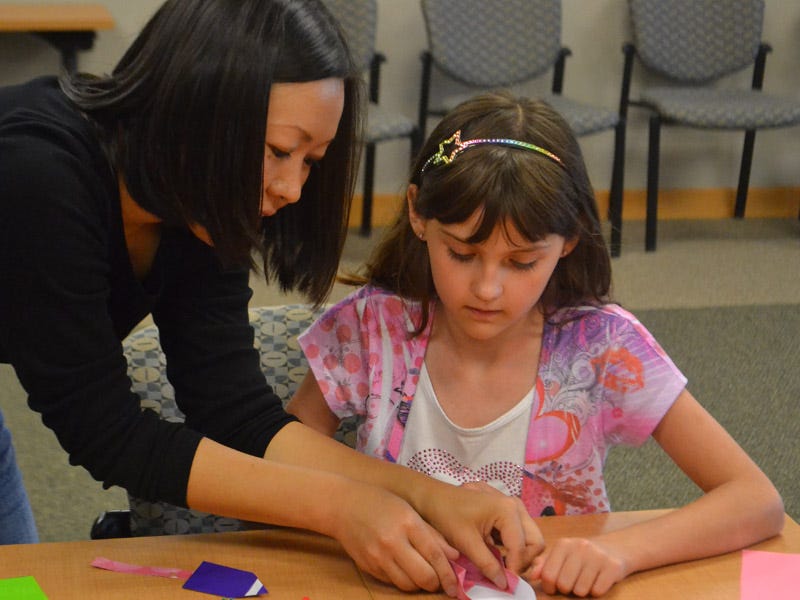
The combination of cognitive challenges and creative expression in origami provides a stimulating and enjoyable activity for children, fostering their cognitive growth while also nurturing their artistic side.
Origami for Children With Special Needs
While origami has been proven to be beneficial for children with special needs, it is important to explore its potential as a therapeutic tool in a more focused manner. Origami for children with special needs, such as autism, can offer numerous advantages. Here are four ways origami can benefit these children:
Origami for autism therapy: The repetitive nature of folding paper can provide a calming effect, helping to reduce anxiety and improve focus for children with autism.
Fine motor skills development: Origami requires precise folding and manipulation of paper, which can help children with special needs improve their fine motor skills and hand-eye coordination.
Cognitive stimulation: Origami engages both sides of the brain, promoting cognitive development and enhancing problem-solving skills in children with special needs.
Sensory integration: The tactile experience of working with paper and creating different shapes through origami can assist children with sensory processing difficulties in integrating and regulating sensory information.
Practicing Mindfulness With Origami
Practicing mindfulness with origami allows children to cultivate present-moment awareness and focus while engaging in the art of paper folding. Mindfulness techniques encourage children to pay attention to their thoughts, emotions, and sensations without judgment, fostering a sense of calm and self-awareness.
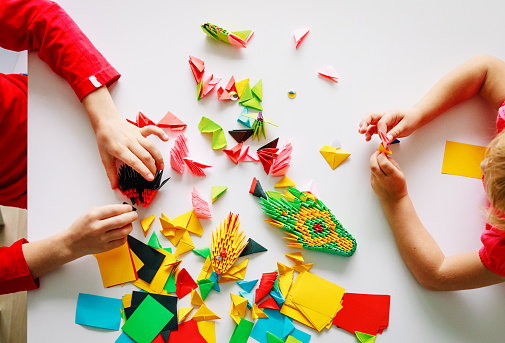
Origami provides an ideal platform for this practice, as it requires concentration, precision, and patience. When children focus on the intricate folds and movements of the paper, they are fully present in the moment, allowing them to let go of distractions and worries.
This creative expression also serves as a form of meditation, promoting relaxation and stress reduction. By incorporating mindfulness into origami, children can develop a greater sense of inner peace and freedom while enjoying the therapeutic benefits of this ancient art form.
Frequently Asked Questions
Are There Any Age Restrictions for Using These Origami Kits?
Origami kits may have age restrictions based on complexity, small parts, and skill level required. Suitable origami kits are available for different age groups, ensuring a safe and enjoyable experience for children of all ages.
Can Origami Really Help Children With Anxiety and Stress?
Origami has been found to have numerous benefits for children's mental health, including serving as a coping mechanism for anxiety and stress. It provides a creative outlet and promotes relaxation, concentration, and mindfulness, making it a valuable tool for children's emotional well-being.
Are There Any Specific Origami Kits Recommended for Children With Autism?
When considering origami kits for children with special needs, it is important to choose ones that are specifically recommended for children with autism. These kits can provide numerous benefits, such as improving focus, fine motor skills, and promoting relaxation.
How Long Does It Typically Take to Complete an Origami Project?
The typical completion time for an origami project varies depending on the complexity of the design and the child's skill level. However, engaging in origami can be beneficial for a child's development, fostering creativity, focus, and fine motor skills.
Origami can indeed be used as a form of art therapy for children, offering artistic benefits and therapeutic effects. The process of folding paper can promote relaxation, creativity, and focus, providing a sense of accomplishment and self-expression.
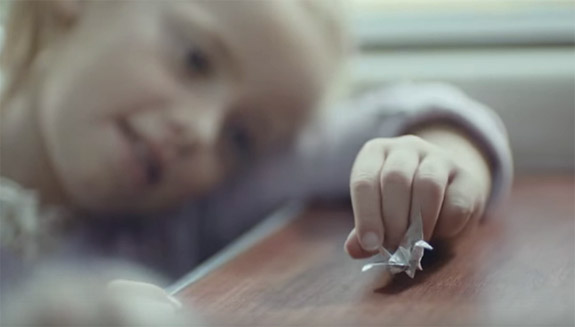
 Kids Art ProjectsParty PlanningPaper CraftsOrigami for KidsPrivacy PolicyTerms And Conditions
Kids Art ProjectsParty PlanningPaper CraftsOrigami for KidsPrivacy PolicyTerms And Conditions
